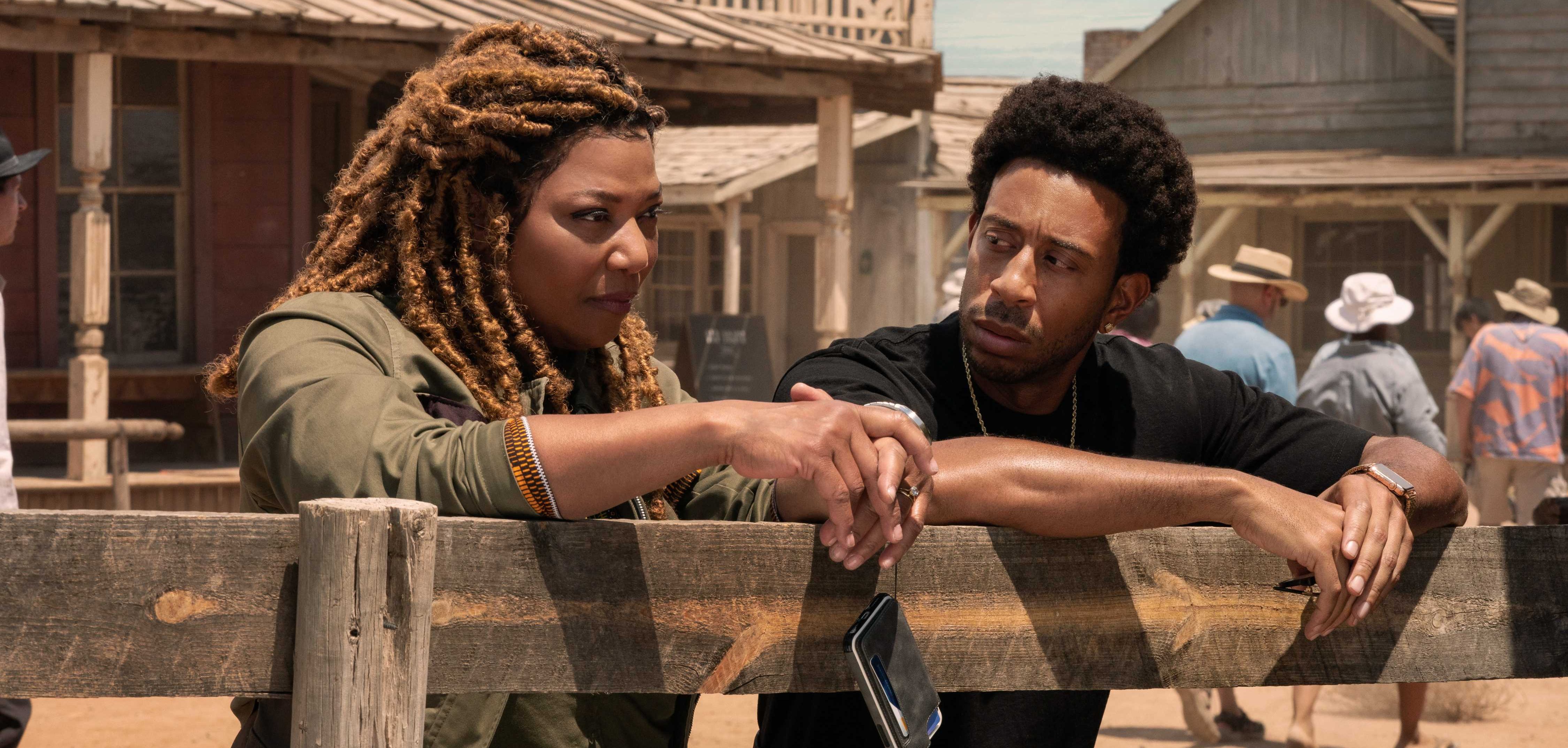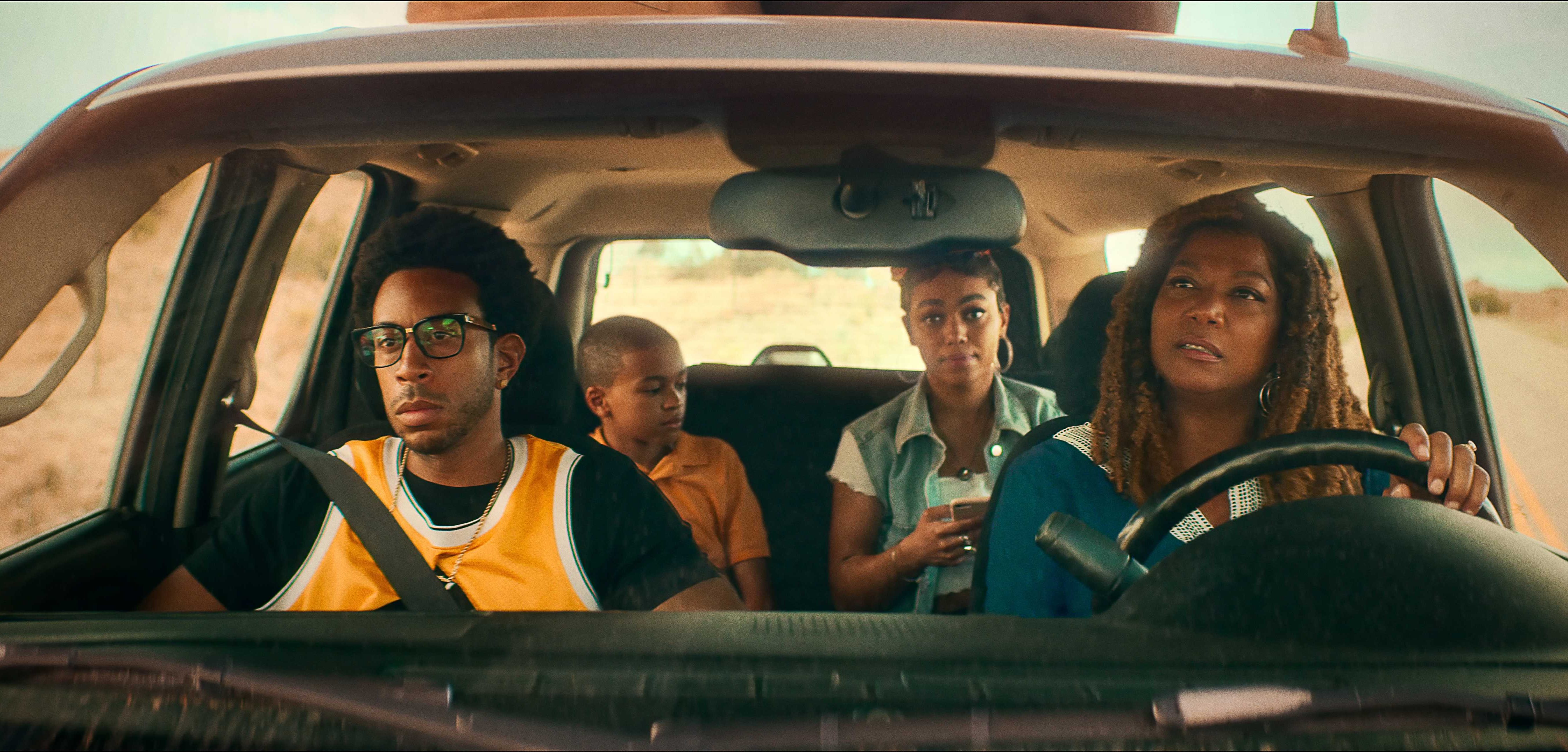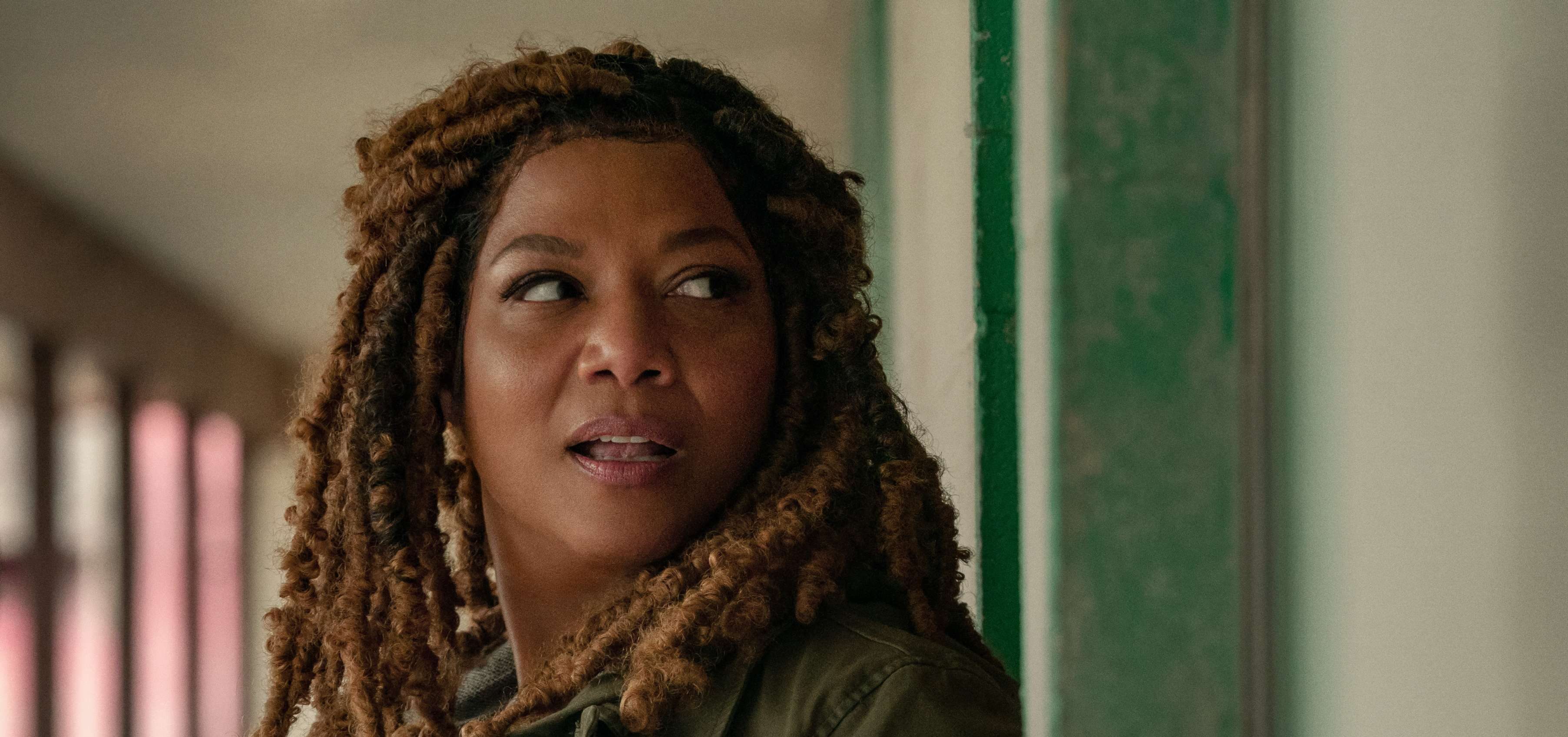Directed by Millicent Shelton, Netflix’s action film ‘End of the Road’ follows Brenda Freeman, who is moving to Houston, Texas, from Los Angeles with her son Cam, daughter Kelly, and brother Reggie. Midway through their journey, Reggie takes a bag full of cash that belongs to a notorious criminal named Mr. Cross from a murder scene. As the 2022 film progresses, Mr. Cross tries to hunt the family down to acquire the bag. The high-adrenaline film offers an edge-of-the-seat experience for the viewers along with a relevant social commentary concerning race, making one intrigued about any true inspiration behind the movie.
End of the Road is a Fictional Story
No, ‘End of the Road’ is not based on a true story. The film, written by Christopher J. Moore and David Loughery, is entirely fictional, and the protagonist, Brenda, and her family members do not have real-life counterparts. However, Millicent Shelton’s film, within its fictionality, is rooted in reality as well. According to the director, Brenda’s tale is the story of an average Black woman who tries to overcome any adversities on her way to protect herself and her family. “I think it has to do with telling the story of, the real story of Black women in America and that we are strong and we are resilient and you know, we fight,” Shelton told Blackfilm.

The resilience and courage Brenda displays to stand up for herself and her family are relatable to any Black woman, including Shelton, who had to prepare herself to fight several challenges as a Black woman, as per the same interview. As the film progresses, Brenda continues to overcome obstacles one after the other to ensure the safety of her son, daughter, and brother. The transformation of Brenda, from an “average” woman to a force of nature, does remind us of numerous women who had and have been standing up for themselves and their loved ones in varying circumstances.
‘End of the Road’ also explores racism significantly. Brenda and her family face several insults and obstacles only because they are Black. When Kelly retaliates upon getting insulted by two White men, they demand Brenda’s apology for endangering two “White” lives, indicating their contemptible belief that they are superior to Brenda and her Black family. The same repeats when a cleaner steals Mr. Cross’ “money bag” from Brenda. Her gang members team up against her thinking that it will be easy to deal with a Black woman, only for the latter to display her aforementioned resilience and courage.

Another way ‘End of the Road’ connects to reality is through its subtle depiction of drug trafficking in the Southwest states. Mr. Cross, the antagonist of the film, is involved in drug trafficking with a cartel named Sinaloa Cartel. Even though Mr. Cross is a fictional character, Sinaloa Cartel is a real Mexican cartel that has a significant presence in Southwest states like Arizona and Texas, where the film’s narrative is set. The money bag Reggie takes from Harvey Ruck’s room is the cartel’s payment to Mr. Cross. Through the money bag and the cartel’s implicit presence, Millicent Shelton connects her fictional film to the reality of the geography it is set in.
Even though ‘End of the Road’ is fictional, the film succeeds in forming bonds with the reality we live in through Brenda’s character and the obstacles she faces. Such a connection to reality also makes the film stand out among typical action thrillers.
Read More: Where Was Netflix’s End of the Road Filmed?


You must be logged in to post a comment.